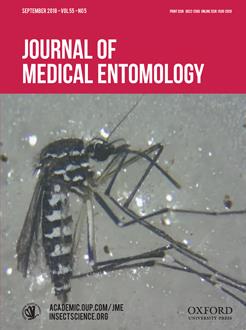Wolbachia is a genus of endosymbiotic bacteria that infects 66% of all insect species. Its major impact on insects is in reproduction: sterility, production of one sex, and/or parthenogenesis. Another effect was discovered when the disease-transmitting mosquito, Aedes aegypti Linnaeus (Diptera: Culicidae), was infected with Wolbachia isolated from Drosophila: infected female mosquitoes became less capable of transmitting diseases such as dengue fever and chikungunya. This has led to releases of Ae. aegypti carrying Wolbachia in an attempt to control disease. An open question is whether there are natural Wolbachia infections of this mosquito. We assayed DNA from 2,663 Ae. aegypti from 27 countries on six continents, 230 from laboratory strains, and 72 Aedes mascarensis MacGregor (Diptera: Culicidae) for presence of Wolbachia DNA. Within the limits of our polymerase chain reaction–based assay, we found no evidence of Wolbachia, suggesting that natural infections of this endosymbiont are unlikely to occur throughout the worldwide distribution of Ae. aegypti.
BioOne.org will be down briefly for maintenance on 12 February 2025 between 18:00-21:00 Pacific Time US. We apologize for any inconvenience.
How to translate text using browser tools
13 June 2018
Lack of Evidence for Natural Wolbachia Infections in Aedes aegypti (Diptera: Culicidae)
Andrea Gloria-Soria,
Tommaso G. Chiodo,
Jeffrey R. Powell
ACCESS THE FULL ARTICLE
It is not available for individual sale.
This article is only available to subscribers.
It is not available for individual sale.
It is not available for individual sale.

Journal of Medical Entomology
Vol. 55 • No. 5
September 2018
Vol. 55 • No. 5
September 2018
Aedes aegypti
Aedes mascarensis
biological control
endosymbiont
Wolbachia




